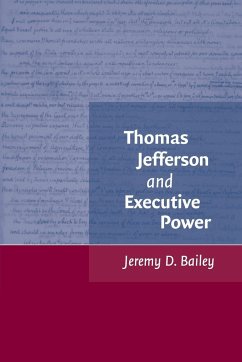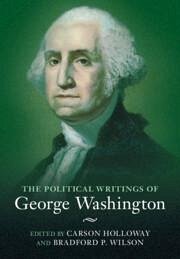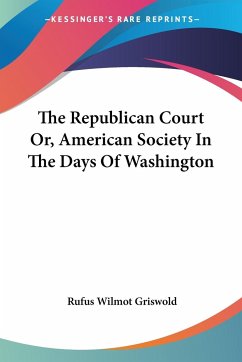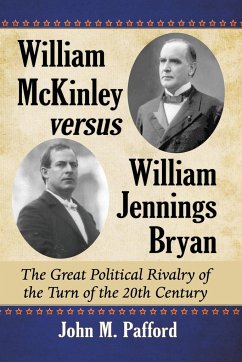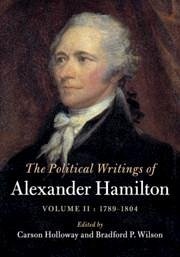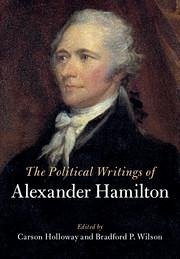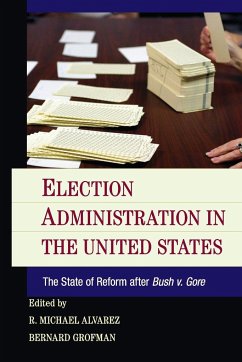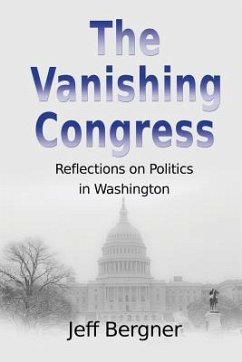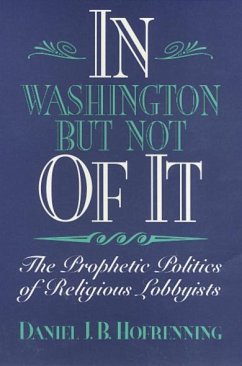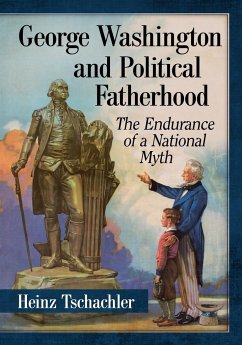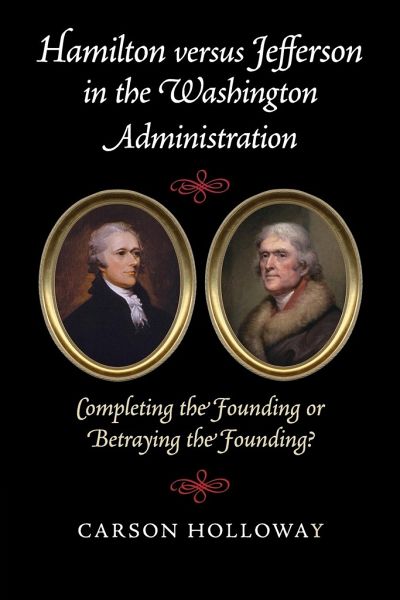
Hamilton versus Jefferson in the Washington Administration
Versandkostenfrei!
Versandfertig in 1-2 Wochen
47,99 €
inkl. MwSt.

PAYBACK Punkte
24 °P sammeln!
By the middle of 1792, just a little more than three years after America's new government under the Constitution had been set in motion, Alexander Hamilton and Thomas Jefferson - President George Washington's two most important cabinet secretaries and two of the most eminent men among the American founders - had become open and bitter political enemies. Their dispute was not personal but political in the highest sense. Each believed that the debate between them was over regime principles. Each believed that he was protecting the newly established republic, and that the other was laboring to de...
By the middle of 1792, just a little more than three years after America's new government under the Constitution had been set in motion, Alexander Hamilton and Thomas Jefferson - President George Washington's two most important cabinet secretaries and two of the most eminent men among the American founders - had become open and bitter political enemies. Their dispute was not personal but political in the highest sense. Each believed that the debate between them was over regime principles. Each believed that he was protecting the newly established republic, and that the other was laboring to destroy it. Carson Holloway's Hamilton versus Jefferson in the Washington Administration examines Hamilton and Jefferson's differences, seeking to explain why these great founders came to disagree so profoundly and vehemently about the political project to which both were committed and had dedicated so much thought and effort.





